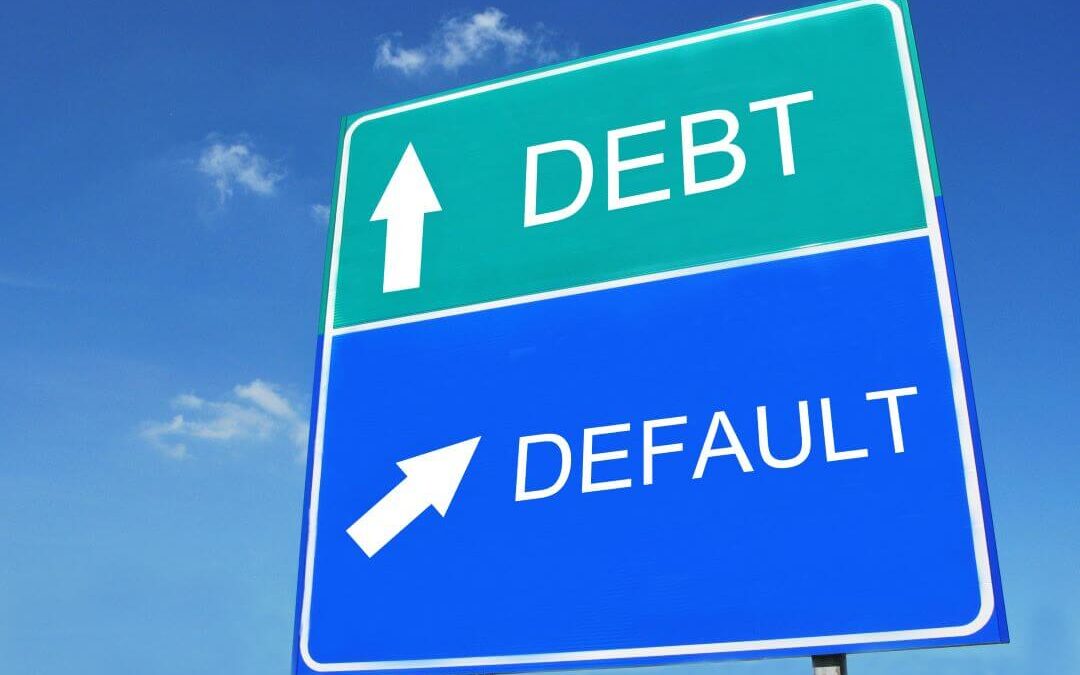When facing overwhelming debt, individuals often find themselves at a crossroads, considering whether to default on their debt obligations or seek relief through bankruptcy. Each option has significant consequences, but bankruptcy can often provide a more favorable outcome. It offers the possibility of a fresh start, better long-term prospects for rebuilding credit, and overall financial stability.
Understanding Defaulting on Debt and Bankruptcy
Defaulting on debt occurs when a borrower fails to make the payments they agreed to on their loan or credit card contract. This breach can lead to severe repercussions as creditors take various actions to recoup their losses.
Bankruptcy is a legal process designed to help individuals resolve their debts in a structured manner. This process can involve either reorganization or liquidation of assets under the guidance of a court-appointed trustee. Bankruptcy intends to give individuals a chance to manage their debts more effectively and potentially discharge certain obligations.
Comparing Defaulting and Bankruptcy
When deciding between defaulting on debt and filing for bankruptcy, it’s crucial to weigh the potential outcomes of each choice. Defaulting might seem like the easier option initially, as it avoids the immediate impact of bankruptcy. However, the long-term consequences of defaulting can be far-reaching and more damaging to one’s financial well-being.
Consequences of Defaulting
- Creditors often sell defaulted debts to collection agencies. These agencies aggressively pursue debtors through frequent phone calls, emails, and even in-person visits, creating a stressful and harassing environment.
- Creditors have the legal right to sue defaulters. If they win the lawsuit, they can garnish wages, place liens on properties, or seize assets, further exacerbating the debtor’s financial strain.
- Defaulted debts can stay on a credit report for up to 7 years. This makes it hard to get new credit, as lenders see you still owe other creditors. This negative impact can have a long-lasting effect on the person’s ability to rebuild financial standing.
Advantages of Bankruptcy over Defaulting
- Once the debtor files for bankruptcy, the automatic stay takes effect and legally prevents creditors from contacting and harassing them for payment.
- Bankruptcy can prevent wage garnishment or property liens, which are common consequences of defaulting on debts.
- Bankruptcy offers protection to debtors by preventing creditors from seizing their assets. This protection is not available when defaulting on debts.
- Although bankruptcy also stays on your credit report, it eliminates debts, making lenders see the person as less risky than someone with defaulted debt. Adopting responsible financial habits post-bankruptcy can expedite recovery, unlike the long-term consequences of defaulting.
Seeking Professional Guidance
Dealing with debt resolution can be confusing and overwhelming. It is smart to reach out to a knowledgeable bankruptcy lawyer for guidance. These experts can provide valuable guidance and suggest the best course of action.
At Brock and Stout, our experienced bankruptcy attorneys dedicate themselves to helping clients tackle their financial challenges. If you’re overwhelmed by debt, we invite you to schedule a free consultation with us. Together, we can explore your options, weigh the pros and cons, and create a plan to help you regain financial stability and peace of mind.

